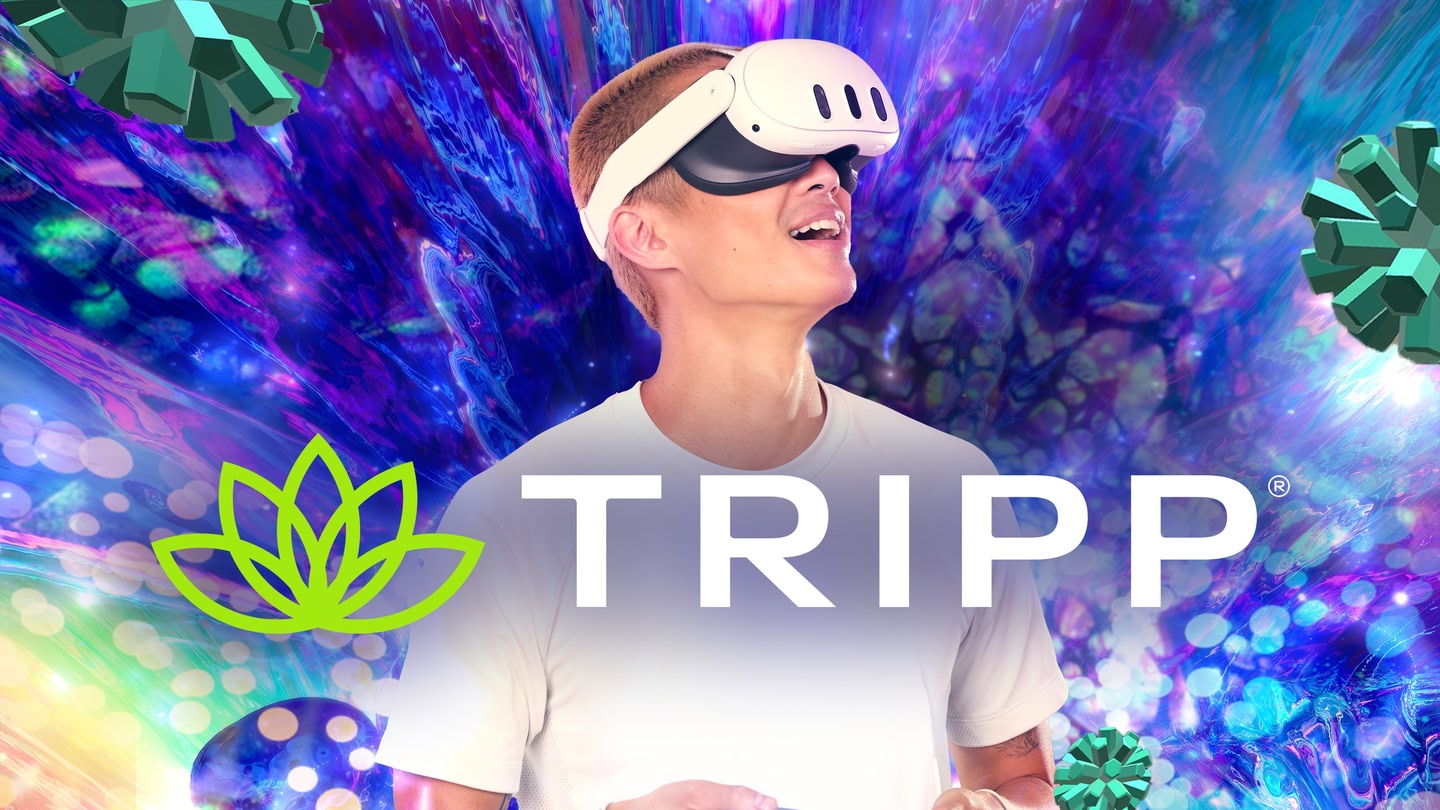Technology
Technology in Personal Care for 2025
The fusion of technology and personal care is redefining how we understand health, beauty, and wellness. The question is no longer “When will it happen?” but “What can we expect in 2025?” For tech enthusiasts and innovation lovers in beauty and wellness, this article explores emerging trends and helps visualize how these technologies will transform daily routines. From artificial intelligence to biometric wearables, the future promises a more personalized, efficient, and exciting approach to personal care.
Get ready to explore how cutting-edge technology becomes your new ally, elevating personal care to levels once thought impossible.

How Artificial Intelligence Will Redefine Personal Care
Artificial intelligence (AI) has transcended science fiction to become an everyday tool. By 2025, it will be even more influential in the beauty and wellness sector, providing hyper-personalized experiences.
Real-Time Skin Diagnostics
Imagine analyzing your skin every morning with scientific precision. Platforms like L’Oréal Perso already use AI to assess your skin’s needs and provide personalized creams and treatments. By 2025, wearable devices could include sensors that monitor hydration, collagen levels, and other critical factors of your skin in real-time, optimizing your products with each use.
AI in Cosmetics
AI will also revolutionize makeup and beauty products. Leading brands like Estée Lauder are developing tools that not only suggest perfect shades for your skin but also create custom makeup in minutes. Imagine perfect makeup, made exclusively for you, delivered to your door.
Virtual Wellness Coaches
Another change will be the rise of AI-powered virtual coaches. Tools like Samsung Health or Noom already offer lifestyle recommendations, but by 2025, these systems will be advanced enough to interpret your body language, micro-expressions, and voice to provide emotional support or adjust your routines in real-time.
Biometric and Wearable Technology in Daily Life
Gone are the days of simple smartwatches that only count steps. In 2025, wearables will not only be common but essential for optimized personal care.
Comprehensive Health Monitoring
Devices like the Apple Watch Series 9 already offer heart monitoring and blood oxygen analysis, but 2025 wearables will do much more. They will be capable of tracking stress signals, hormone levels, and even measuring your microbiome in real-time. Imagine receiving an alert suggesting what foods to eat after running to maximize recovery.
Haptic Technology for Relaxation
Another innovation will be the use of haptic technology to alleviate stress. Gloves or devices emitting specific vibrations could reduce anxiety or even improve sleep. Companies like Neosensory are already leading in this field, and by 2025, these devices might become as common as facial masks.
Virtual and Augmented Reality for Wellness
Virtual reality (VR) and augmented reality (AR) are not just for video games. These technologies have enormous potential in the beauty and wellness industry.
Home-Based Virtual Gyms
Peloton was just the beginning. Fitness in 2025 will be an immersive experience thanks to virtual reality. Tired of your living room? Put on VR glasses and do yoga in front of a sunset in Bali or jog in the Swiss Alps. Companies like Oculus and FitXR are leading the shift toward a more engaging and motivating fitness experience.
Virtual Beauty Salons
Want to try a different hair color or experiment with a new look without commitment? With AR and VR, you can visualize aesthetic changes in real-time before making decisions. Major firms like Sephora and Modiface are innovating in this area, ensuring makeup trials and style changes are completely virtual.
Sensory Escapes
For emotional care, VR platforms like Tripp take meditation and relaxation to hyper-realistic virtual landscapes. Had a stressful day? Escape to a virtual forest where sounds, sights, and even sensations adapt to your emotional needs at that moment.

3D Printing in the Beauty Domain
It might sound like science fiction, but 3D printing is already impacting how beauty products are produced. By 2025, it will be more widespread than ever, democratizing customization.
Custom Product Creation
From facial masks to nail extensions, 3D printing will allow consumers to create completely personalized products at home. Imagine printing your own facial serum with the exact ingredients your skin needs that day.
Efficiency and Sustainability
3D printing also has environmental benefits by reducing waste. Brands like Procter & Gamble are exploring ways to use this technology to produce biodegradable packaging and eliminate chemical waste.
Health as an Integral Part of Technology
Finally, personal care will integrate health aspects in ways previously unimaginable.
Data-Driven Nutrition: Instead of following generic diets, cutting-edge sensors and apps will analyze your DNA and microbiota to recommend a nutrition plan completely tailored to your unique needs. Startups like DayTwo are already working on pioneering technologies in this area.
Smart Dental Care: Toothbrushes connected to apps already exist, but by 2025, dental care will integrate AI to detect cavities or gum issues before they manifest. You could even receive alerts about pending appointments or suggestions for specific products based on your oral health.
The Future is Within Reach
The line between personal care and technology is disappearing. By 2025, we’ll see smart tools that not only optimize our routines but also make us feel more connected to our physical and emotional well-being.
Those who embrace these technologies will not only have access to a personalized experience but also be at the forefront of a more conscious and efficient approach to personal care. It’s the perfect time to see technology not just as an accessory but as an indispensable tool for personal evolution!


